Want poured but builder wants concrete blocks
kidhorn
12 years ago
Featured Answer
Sort by:Oldest
Comments (9)
worthy
12 years agoworthy
12 years agoRelated Professionals
Bel Air General Contractors · Goldenrod General Contractors · Jeffersonville General Contractors · La Marque General Contractors · Stoughton General Contractors · Warrenville General Contractors · Charleston Interior Designers & Decorators · Brookline Flooring Contractors · Cottage Lake Flooring Contractors · Fort Lauderdale Flooring Contractors · Fort Pierce Flooring Contractors · Garland Flooring Contractors · Kingston Flooring Contractors · Medway Flooring Contractors · The Crossings Flooring Contractorslazypup
12 years agoUser
12 years agoworthy
12 years agobobbymac
12 years agoworthy
12 years agokidhorn
12 years ago
Related Stories
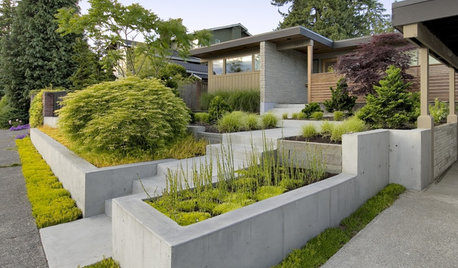
LANDSCAPE DESIGNGarden Walls: Pour On the Style With Concrete
There's no end to what you — make that your contractor — can create using this strong and low-maintenance material
Full Story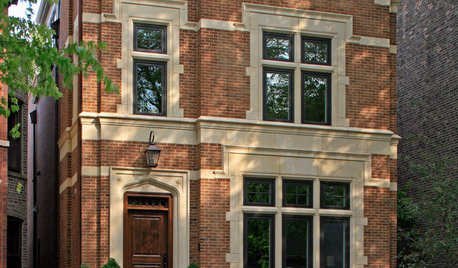
MATERIALSRaw Materials Revealed: Brick, Block and Stone Help Homes Last
Learn about durable masonry essentials for houses and landscapes, and why some weighty-looking pieces are lighter than they look
Full Story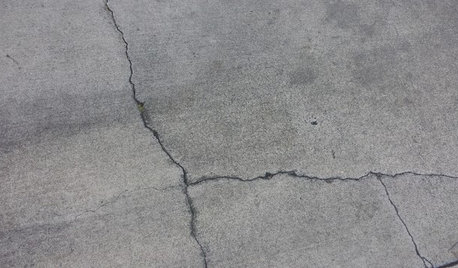
CONCRETEWhy Concrete Wants to Crack
We look at the reasons concrete has a tendency to crack — and what you can do to help control it
Full Story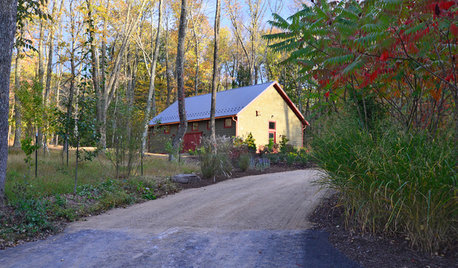
BACKYARD STUDIOSMaster Builder Crafts a Dream Workshop
A design-build firm owner uses an economical building method for his large shed and finishes it off nicely to blend into the scenery
Full Story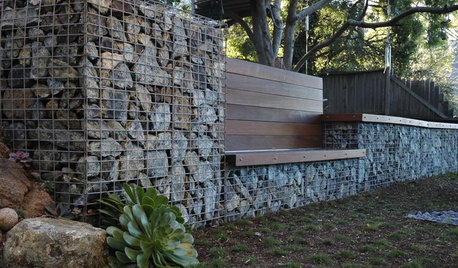
GARDENING AND LANDSCAPING7 Out-of-the-Box Retaining Wall Ideas
Go Beyond Railroad Ties With Stylish Rock, Metal, Blocks, and Poured Concrete
Full Story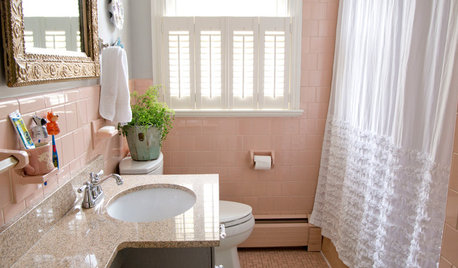
BATHROOM DESIGNHouzz Call: Have a Beautiful Small Bathroom? We Want to See It!
Corner sinks, floating vanities and tiny shelves — show us how you’ve made the most of a compact bathroom
Full Story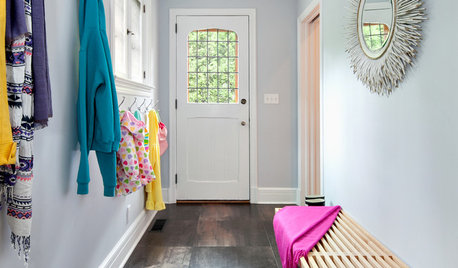
MUDROOMSHouzz Call: We Want to See Your Hardworking Mudroom
The modern mudroom houses everything from wet boots to workstations. Proud of your space? Inspire us with your photos and tips
Full Story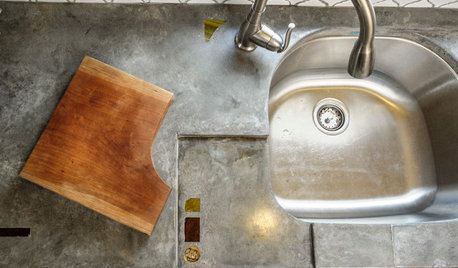
KITCHEN COUNTERTOPSCast Concrete Countertops With a Personal Twist
From frame making to pouring to inlays, learn how concrete counters are cast — and how an artisan embellishes them
Full Story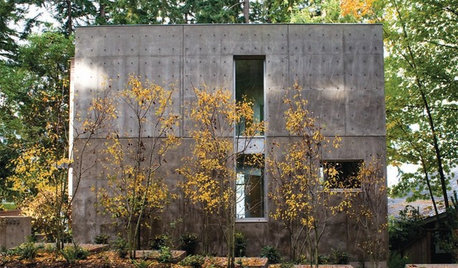
REMODELING GUIDESMaterial Choices: High Marks for Reinforced Concrete
Try poured-in-place construction for a wonderfully tactile, industrial look
Full Story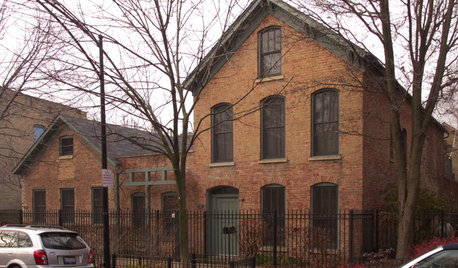
ARCHITECTUREModern and Traditional Converge on Coveted Chicago Blocks
As newer structures replace old on a pair of desirable streets, architects are challenged with how best to bring in modern styles
Full Story






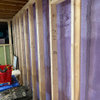

worthy